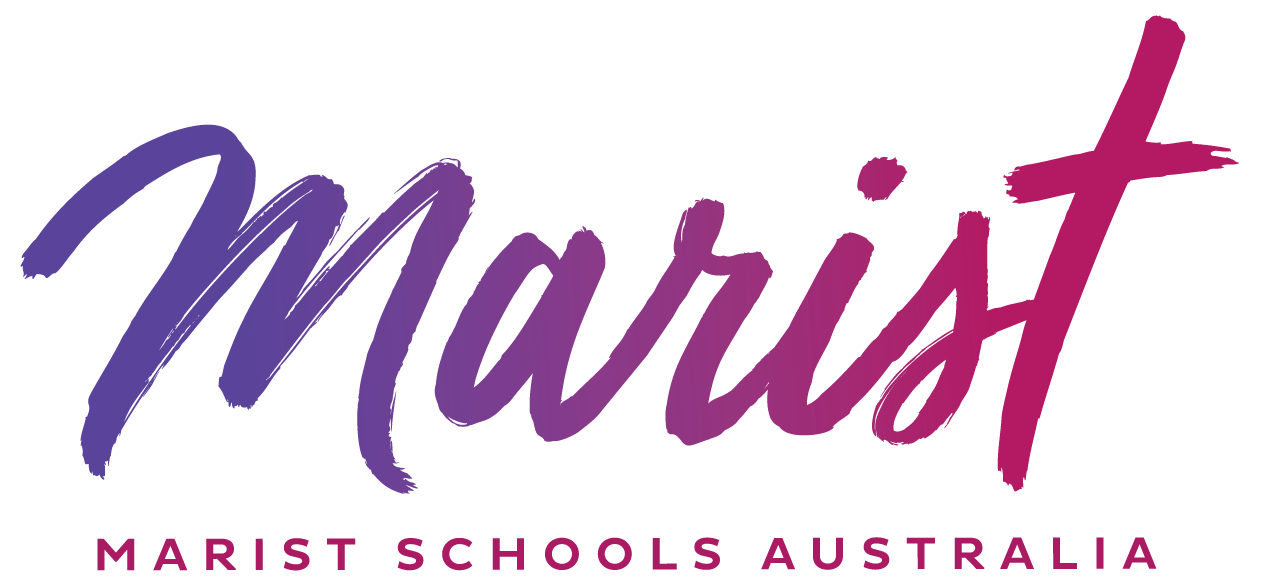Newsletter 7: 11 May 2021
Dear Colleagues,
Catholic schools throughout the world, seek to engage successfully in the requisite public assessment regimes pertaining to their national or state jurisdiction. Confidence of parents and the community in the quality of the education offered in Catholic schools must be assured if they are to succeed. In Australia, as early as 1890, the Marists attracted the attention of The Sydney Morning Herald and The Daily Telegraph for the success of their students at St Mary’s Cathedral and St Joseph’s Hunters Hill in the high profile and challenging NSW Senior Public Exams. The high performance of these schools was especially noteworthy considering their limited resource base when compared with schools owned and funded by the government (1).
In 2020, one of the impacts of the COVID-19 pandemic was the abandonment of the annual National Assessment Program - Literacy and Numeracy (NAPLAN) for students in Years 3, 5, 7 and 9. This important assessment of Australian students' learning progress will resume again today. Whilst the results of the assessments are some months away, there are some important modifications to the presentation of NAPLAN data on the My School website that illustrate healthy emphases by the Australian Curriculum, Assessment and Reporting Authority (ACARA) (2).
Following the 2019 review into NAPLAN data reporting on My School, the Australian education ministers from every State and Territory agreed in December 2019 to overhaul the way NAPLAN data is presented on the website. There are now fewer displays of NAPLAN data but there is a stronger focus on student progress. Whilst the changes to reporting NAPLAN data on the My School website were described in a media release on 18 March 2020, the reality has been that with the suspension of NAPLAN last year due to the pandemic, the changes have not received the attention they deserve.
Marist Schools Australia has long been advocating (3) such emphases in the reporting of NAPLAN data and it was pleasing to see many other organisations and stakeholders in education applaud these changes, including the National Catholic Education Commission (4), Catholic Secondary Principals Association, Catholic School Parents Australia, Australian Parents Council, and Australian Council of State School Organisations (5). Gain factors or measures of student progress are widely accepted in educational research as more reliable indicators of the contributions of a school to a student’s learning. Significantly, such measures are recognised as an improvement on status measures for comparing contributions that schools make to students' achievement (6). Parents and teachers throughout Australia will instinctively relate to these changes as a positive step. The progress of every child, no matter their "starting point" is what matters most.
In 2021 as our students across the country sit the NAPLAN tests, it is important for us as educators to be familiar with what is, and will be, publicly communicated about our schools. The 2021 results will be represented in two important ways as illustrated. Figure 1 shows the selected school’s average student progress when compared to students with the same starting score and students from statistically similar backgrounds. Figure 2 shows the percentage of students at the school who achieved above average progress, compared to students of a similar background and who had the same starting score on their previous NAPLAN test.
Figure 1: The selected school’s average performance in comparison with SSSB and SSSS.
Figure 2: Percentage of students making above average progress
It is worth noting the current CEO of ACARA, Mr David de Carvalho, has had a significant influence in these developments. David is no stranger to we Marists having served on the Board of Marist College Canberra whilst a parent there in the early 2000s. Educated by the Jesuits at school and in formation, his long commitment to education is illustrated by his distinguished contributions over many years to the sector. David joined ACARA in March 2019, bringing a wealth of leadership experience and service at both the Commonwealth and State Government level. He was Chief Executive Officer of NESA from January 2017 until February 2019. Prior to that, he was Deputy Secretary at the NSW Department of Family and Community Services. David has also led the National Catholic Education Commission and was Head of the Higher Education Division in the Federal Government Department of Education. He started his career as a secondary school teacher and has served on the boards of the Australian Council for Educational Research and the Curriculum Corporation (now Education Services Australia).
“These changes are being made to help parents and school authorities focus more on how a school is performing in terms of student progress i.e. improving literacy and numeracy outcomes over the two years since the previous NAPLAN tests, and less on ‘school versus school’ comparisons that only take account of overall levels of achievement,”
ACARA CEO, David de Carvalho
May the 2021 NAPLAN tests provide useful external learning progress data for teachers, parents and students to reflect upon in a manner that is proportionate with all other rich formative, summative and professional observational assessments that occur in our schools each day.
Yours sincerely
Dr Frank Malloy
National Director
————————————-
1. Doyle, A (1972) Marist Brothers in Australia 1872-1972 Marist Brothers Drummoyne, Sydney.
2. The independent statutory authority, which is an instrument of all the Australian education ministers through the Council of Australian Governments (COAG) Education Council. ACARA is charged with responsibility for the development and ongoing refinement of the Australian curriculum, national assessment including NAPLAN, and reporting on schooling in Australia.
3. Lavalla Vol 23 October 2017, Vol 24 July 2018
4. https://www.ncec.catholic.edu.au/images/18032020_MR_Catholic_sector_welcomes_My_School_changes.pdf
5. https://www.acara.edu.au/docs/default-source/Media-Releases/my-school-2020-media-release_final.pdf?sfvrsn=5aaa7007_2
6. Malloy, F (2015) The Use of NAPLAN Data in Catholic Schools. Australian Catholic University. (https://acuresearchbank.acu.edu.au/item/88z2w/the-use-of-naplan-data-in-catholic-schools)


